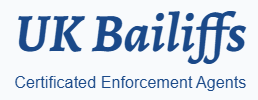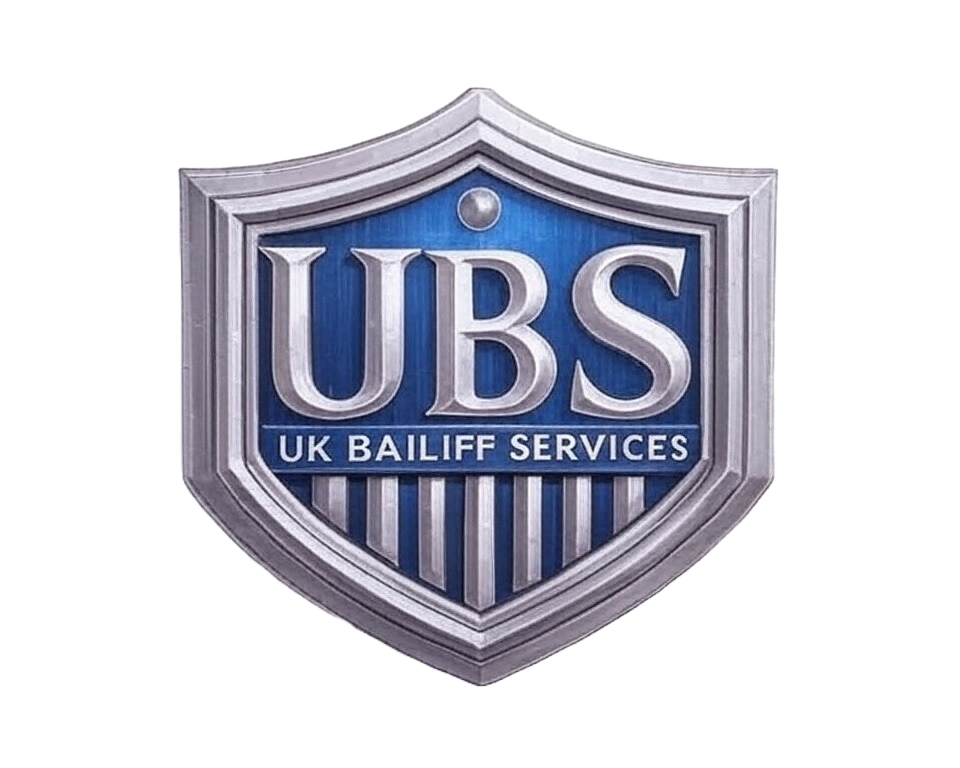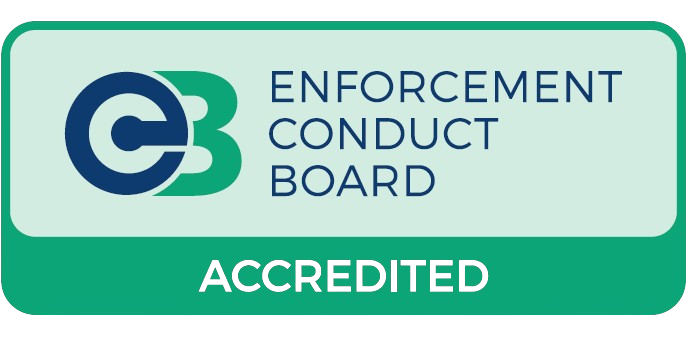Policies
Anti-Money Laundering (AML) and Suspicious Activity Policy
Policy Overview
UK Bailiff Services Ltd is committed to preventing money laundering, terrorist financing, and related financial crimes. This policy outlines our responsibilities under UK legislation including MLR 2017, POCA 2002, and the Terrorism Act 2000.
Scope
- Applies to all staff, contractors, and agents.
- Includes debt recovery, financial transactions, and client onboarding activities.
Roles & Responsibilities
Our Money Laundering Reporting Officer (MLRO) oversees policy enforcement, employee training, and reports suspicious activities to the NCA. Employees must report concerns, complete AML training, and uphold due diligence practices.
Client Due Diligence (CDD)
- Identity verification: Government ID and proof of address for individuals; registration and beneficial ownership for businesses.
- Source of funds checks for high-value transactions.
- Enhanced Due Diligence (EDD) for high-risk clients.
Suspicious Activity Reporting
- Report promptly to MLRO—do not tip off clients.
- MLRO assesses and submits SARs to the NCA if required.
Training & Records
- Mandatory AML training for all staff on joining and annually.
- Training logs, CDD, and SAR documentation retained for at least 5 years.
Risk Assessment
UK Bailiff Services Ltd conducts annual risk assessments considering client types, services, geography, and payment methods. Policy updates are based on findings.
Sanctions & Non-Compliance
- Clients screened against HM Treasury sanctions lists.
- Non-compliance may lead to disciplinary and legal consequences.



